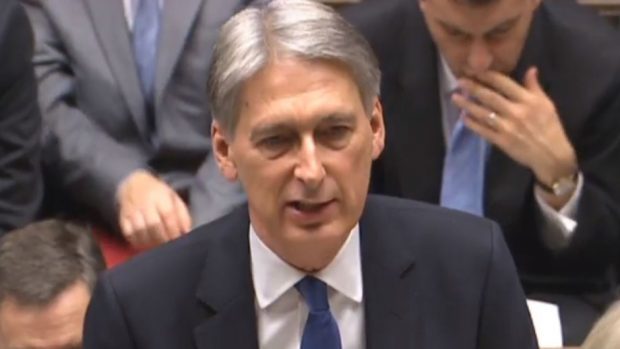People buying home, care and even pet insurance face having to fork out more due to a tax rise that will make £4billion for the Treasury over the next five years.
From June 1 2017, the insurance premium tax (IPT) rate will increase from 10% to 12%, the government announced in the Autumn Statement yesterday.
An increase in the tax has already been made as recently as October 1, when the rate was raised from 9.5% to 10%. That increase followed a previous rise from 6% to 9.5%, which came into effect on November 1 2015.
The Treasury said IPT is a tax on insurers and it is up to them whether and how to pass on costs to customers.
But the British Insurance Brokers’ Association (BIBA) said the move will hit the “just about managing” group of people who need the government’s help.
Lynne Sneddon, financial services tax partner at EY in Scotland, warned there might be more in the pipeline too.
“Both the insurance industry and UK customers will be frustrated with this further rise in IPT; the third in just 18 months.
“These incremental increases clearly reflect the fact that the government is committed to not raising other taxes, meaning there is limited scope for revenue-raising measures. We are concerned that this will not be the last increase.”
Meanwhile, employees who use tax breaks to get subsidised perks such as gym membership or private healthcare will lose out too.
Employees who cut their tax and National Insurance liabilities by taking a “salary sacrifice” to pay for anything from cars and mobile phones to private healthcare, school fees or gym membership will lose out from a crackdown on perks.
Philip Hammond branded the arrangements “unfair” and said he would end them in April next year for all but a handful of benefits in kind.
Mr Hammond has decided to limit it to specific items which support other Government priorities – ultra-low emission cars, pensions saving, childcare and cycle-to-work schemes.
Existing perks will be allowed to continue until April 2018, with an extension to 2021 for long-term arrangements like cars, accommodation or school fees which will take time to reorganise.
